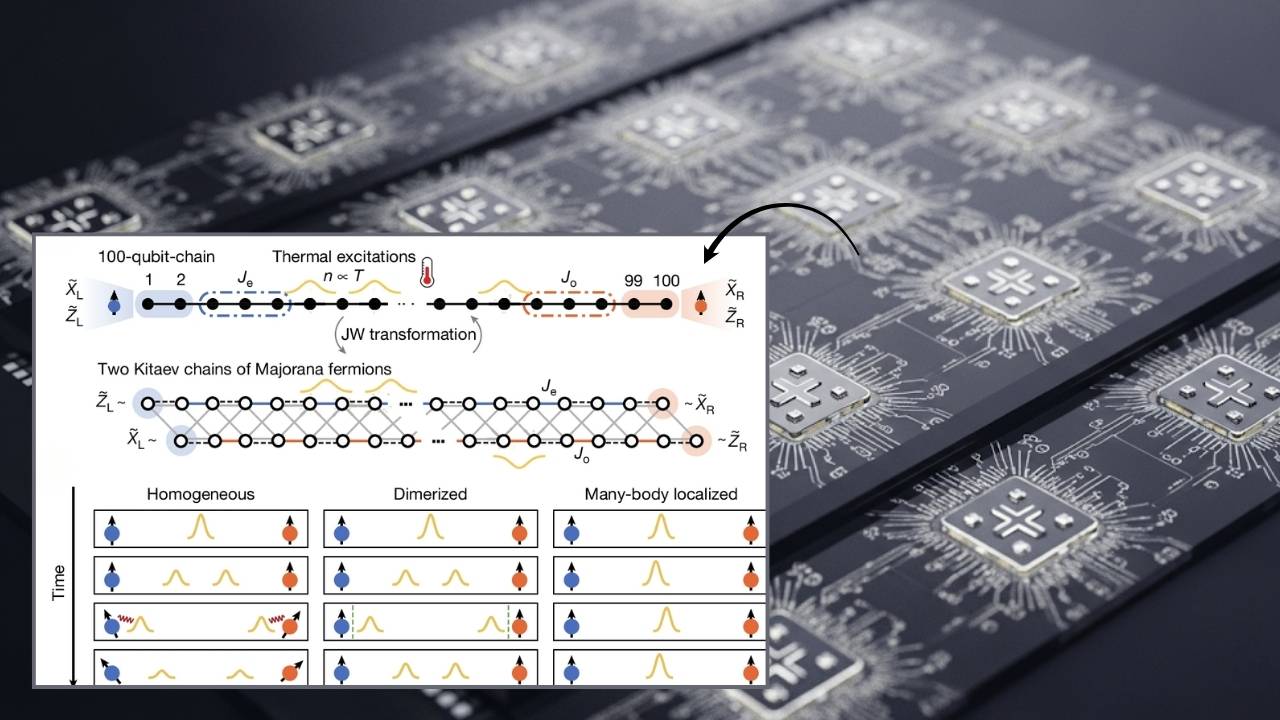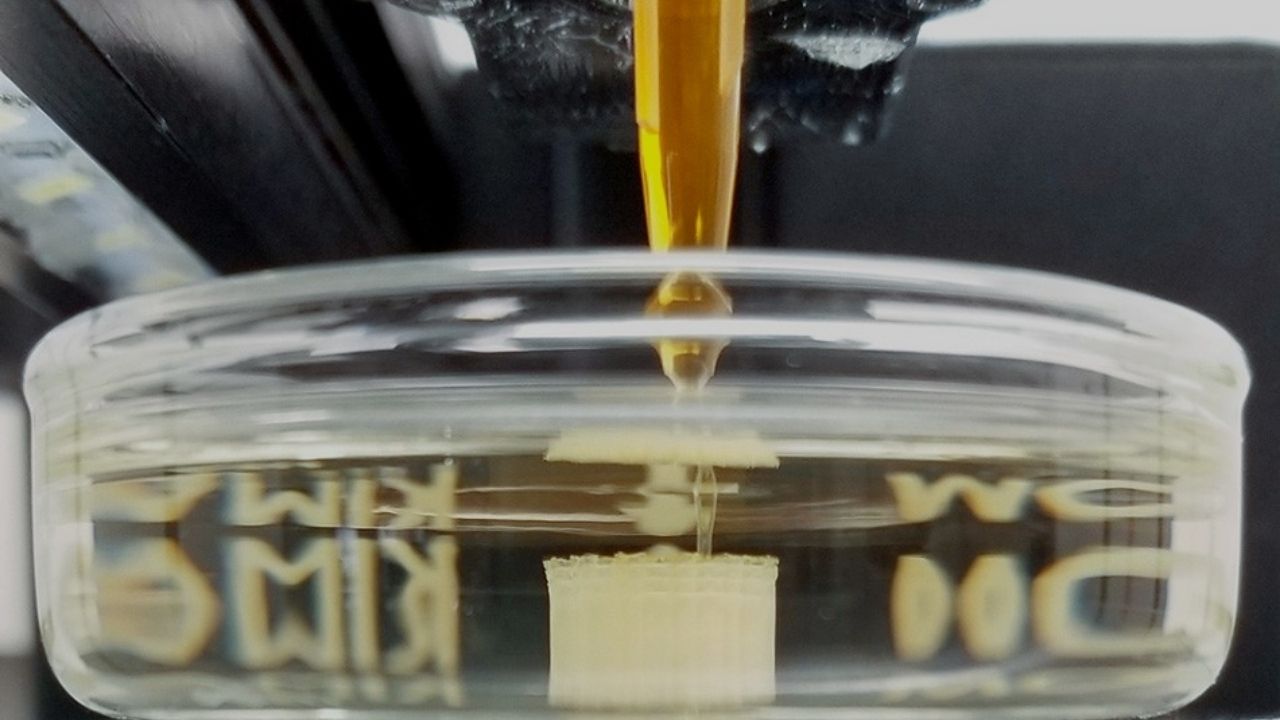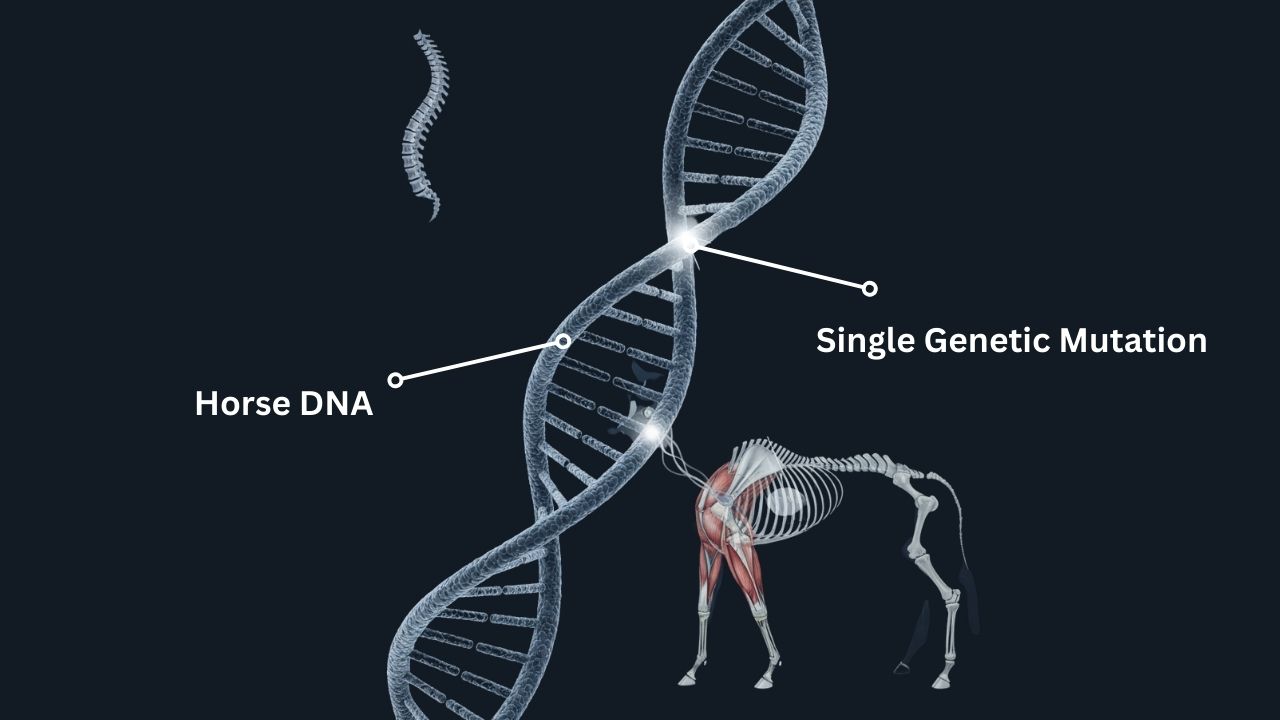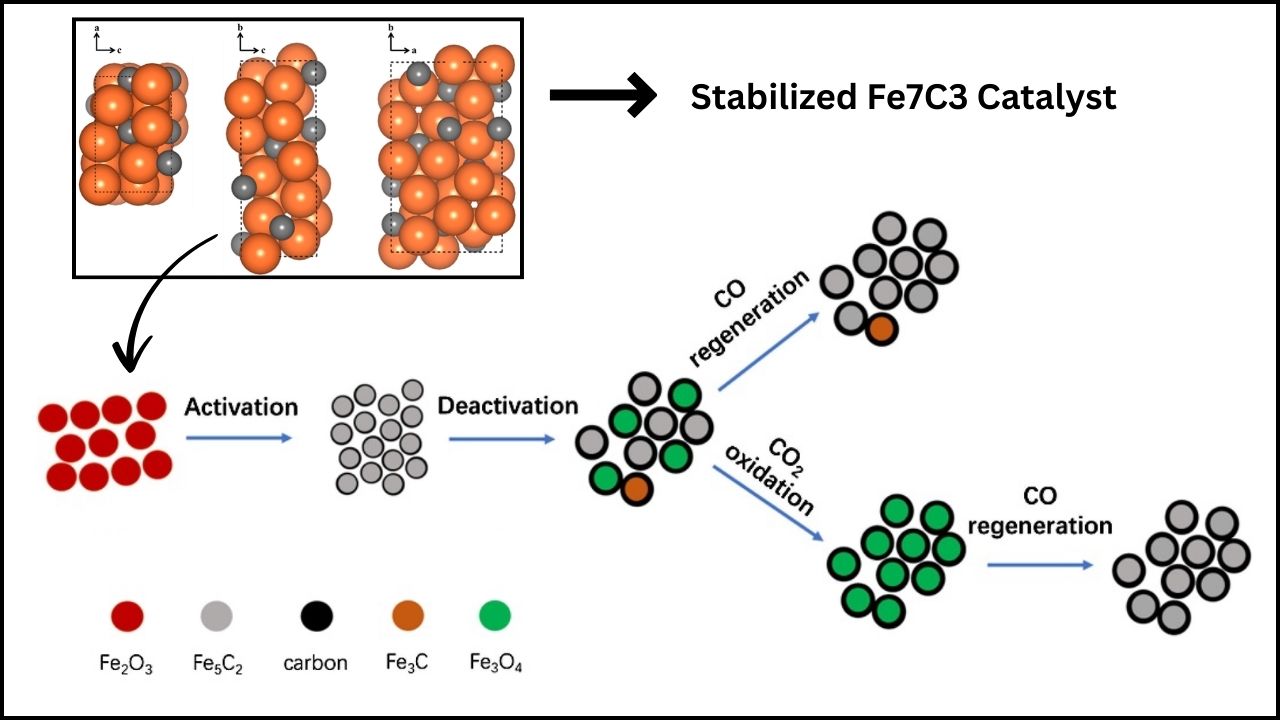OpenAI Exec Quits to Launch Materials Science Startup Aiming to Revolutionize Tech—this headline has been making waves in both the technology and scientific communities. In a move that could reshape the future of innovation, Liam Fedus, OpenAI’s Vice President of Research for post-training, has left the renowned artificial intelligence company to launch a new startup focused on using AI to accelerate the discovery of advanced materials.

This bold step is not just a career change for Fedus, but a significant signal that the intersection of AI and materials science is poised for a revolution.
OpenAI Exec Quits to Launch Materials Science Startup
| Topic | Details |
|---|---|
| Executive Departure | Liam Fedus, VP of Research for post-training at OpenAI, leaves to start a new AI startup |
| Startup Focus | AI-powered materials science: accelerating discovery and optimization of new materials |
| Industry Impact | Potential to revolutionize electronics, energy, manufacturing, and more |
| OpenAI’s Role | OpenAI will invest in and partner with Fedus’s new company |
| Competition | Competing with Google DeepMind (GNoME), Microsoft (MatterGen, MatterSim), and others |
| Key Stats | DeepMind’s GNoME: identified 2.2 million new crystals (2023); Microsoft’s MatterGen launched 2024 |
| Expert Skepticism | Some caution that AI alone can’t replace experimental validation and human insight |
| Official Website | OpenAI |
Liam Fedus’s departure from OpenAI to launch a materials science AI startup is a significant milestone in the evolution of both AI and scientific research. With the backing of OpenAI and a rapidly growing ecosystem of AI-driven science, the pace of materials discovery is set to accelerate dramatically. While challenges remain—especially around data quality and experimental validation—the fusion of AI and human ingenuity holds the promise of breakthroughs that could reshape industries and improve lives worldwide.
Understanding the Importance of Materials Science
Materials science is the study of the properties, structure, and applications of materials—from metals and plastics to ceramics and biomaterials. It is a foundational field that underpins nearly every modern industry:
- Electronics: New materials enable faster, smaller, and more energy-efficient devices.
- Clean Energy: Innovations in batteries, solar panels, and hydrogen storage depend on advanced materials.
- Healthcare: Medical implants, drug delivery systems, and diagnostic tools all rely on biocompatible materials.
- Manufacturing: Stronger, lighter, and more sustainable materials can transform how products are made and used.
Despite its importance, the process of discovering and developing new materials has traditionally been slow, expensive, and highly dependent on trial-and-error experimentation. This is where the integration of artificial intelligence promises to be transformative.
The Traditional Materials Discovery Process
To appreciate the impact of AI, it’s helpful to understand how materials have historically been discovered:
1. Hypothesis Generation
Scientists propose new material compositions or structures based on their knowledge and intuition. This step is often limited by human experience and the vastness of possible combinations.
2. Synthesis
The proposed materials are created in a laboratory setting. This can involve complex chemical reactions, high temperatures, and specialized equipment.
3. Testing
Each new material must be rigorously tested to determine its properties—such as strength, conductivity, flexibility, and resistance to heat or corrosion.
4. Iteration
Based on the results, scientists tweak the composition or structure and repeat the process. This cycle can take months or even years for a single promising material.
The challenge: The sheer number of possible material combinations is astronomical. For example, just considering combinations of a few elements can result in billions of potential materials, most of which will never be tested in a lab.
How Artificial Intelligence is Transforming Materials Science
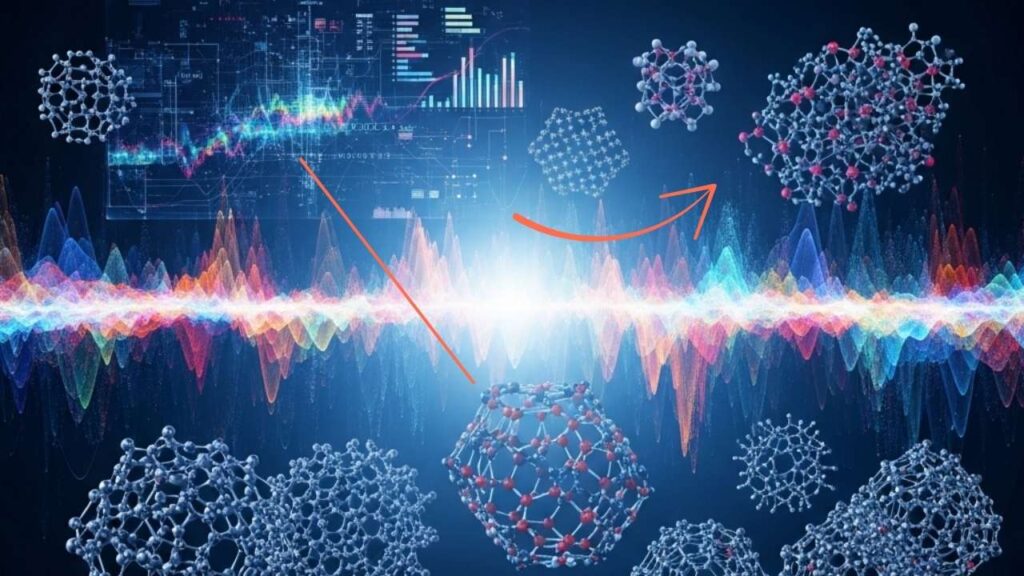
Accelerating Discovery with AI
Artificial intelligence, especially machine learning, can analyze vast datasets of known materials, scientific literature, and experimental results. By identifying patterns and relationships that might not be obvious to humans, AI can:
- Predict properties of new materials before they are ever synthesized.
- Suggest promising candidates for specific applications, narrowing the field for experimental testing.
- Optimize existing materials for better performance, durability, or sustainability.
- Uncover entirely new classes of materials that may not have been considered before.
Real-World Impact
Recent years have seen AI systems make significant contributions to materials science. For instance, Google DeepMind’s GNoME project reportedly identified over two million new crystal structures, some with potential applications in electronics and energy. Microsoft’s MatterGen and MatterSim tools are being used by researchers to digitally design and simulate new materials, reducing the need for costly and time-consuming physical experiments.
AI’s Role in Sustainability
AI-driven materials discovery is also crucial for sustainability. By quickly identifying materials that are more environmentally friendly, less resource-intensive, or more easily recycled, AI can help industries reduce their environmental footprint and transition to greener technologies.
Liam Fedus’s Vision: AI for Scientific Breakthroughs
Liam Fedus’s new startup is founded on the belief that AI for science is one of the most strategically important frontiers for technology. With his background in physics and leadership experience at OpenAI, Fedus is uniquely positioned to drive this vision forward.
Goals of the Startup
- Accelerate Discovery: Make it possible to identify and test new materials in months instead of years.
- Reduce Costs: Focus experimental resources on the most promising candidates, saving time and money.
- Enable Broad Innovation: Unlock new possibilities in fields ranging from electronics and energy to medicine and manufacturing.
OpenAI’s Continued Involvement
OpenAI’s decision to invest in and partner with Fedus’s new company highlights the growing recognition that the next wave of AI breakthroughs will come from outside traditional tech domains. By supporting this venture, OpenAI is positioning itself at the forefront of AI-driven scientific research.
The Competitive Landscape: A New Era of AI-Driven Science
Fedus’s startup is entering a dynamic and competitive field. Major technology companies and research organizations are investing heavily in AI for scientific discovery:
- Google DeepMind: Their GNoME system has made headlines for its ability to identify new crystal structures at an unprecedented scale.
- Microsoft: MatterGen and MatterSim are being used by scientists worldwide to design and simulate new materials digitally.
- Other Startups: Several new ventures, often led by former employees of leading AI labs, are exploring the intersection of AI and physical sciences.
This competition is driving rapid progress and increasing the likelihood of transformative discoveries.
Addressing the Challenges and Skepticism
While the promise of AI in materials science is immense, experts emphasize that AI is a tool, not a replacement for human expertise and experimental validation. Key challenges include:
Data Quality
AI models rely on high-quality, comprehensive datasets. Incomplete or biased data can lead to inaccurate predictions. Ensuring access to reliable experimental results and standardizing data formats are ongoing challenges for the field.
Experimental Validation
Even the most promising AI-generated predictions must be tested in the real world. This step is essential to confirm that new materials perform as expected under practical conditions.
Integration with Traditional Science
The most successful innovations will come from combining AI-driven insights with the creativity, intuition, and experience of human scientists. Collaboration between AI experts and materials scientists is crucial for translating digital discoveries into real-world breakthroughs.
Practical Guide: How to Get Involved in AI and Materials Science
For Professionals
- Stay Informed: Follow developments in AI and materials science through reputable journals, conferences, and industry news.
- Collaborate: Seek partnerships with AI startups, academic labs, and industry groups working on materials discovery.
- Upskill: Consider professional development in data science, machine learning, and computational materials science to stay competitive.
For Students
- Pursue Interdisciplinary Education: Look for programs that combine materials science, computer science, and AI.
- Participate in Research: Get involved in university labs or online research projects focused on AI-driven scientific discovery.
- Build Skills: Take online courses and attend workshops in AI, programming, and scientific research methods.
For Educators and Policy Makers
- Support Interdisciplinary Initiatives: Encourage collaborations between computer science and physical sciences departments.
- Promote Open Data: Advocate for open access to scientific data to fuel AI research and innovation.
- Invest in Training: Provide resources for training the next generation of scientists and engineers in AI and data-driven research.
OpenAI Taps Oracle’s Cloud Power as It Races to Train Next-Gen AI Models
Apple May Tap Anthropic or OpenAI to Reinvent Siri—A Big Shift From Its On-Device AI Strategy
Ooredoo and NVIDIA Unite to Build Qatar’s Supercharged AI Future
FAQs About OpenAI Exec Quits to Launch Materials Science Startup
What is materials science, and why is it important?
Materials science studies the properties, structure, and applications of materials. It is vital because it enables advances in technology, healthcare, energy, and manufacturing by providing the building blocks for innovation.
How does AI help in discovering new materials?
AI can analyze large datasets, predict the properties of new materials, and suggest combinations that might be overlooked by traditional methods, making the discovery process faster and less expensive.
Who is Liam Fedus?
Liam Fedus is a physicist and former Vice President of Research for post-training at OpenAI. He is now leading a startup focused on using AI to accelerate materials science discoveries.
Is OpenAI still involved with Fedus’s new company?
Yes, OpenAI is investing in and partnering with Fedus’s startup, demonstrating its commitment to AI-driven scientific research.
What are some real-world examples of AI in materials science?
AI systems like Google DeepMind’s GNoME and Microsoft’s MatterGen and MatterSim have already identified millions of potential new materials and are being used by scientists worldwide.
Can AI replace human scientists in materials discovery?
No, AI is a powerful tool that can assist and accelerate discovery, but human creativity, intuition, and experimental validation remain essential for true innovation.
